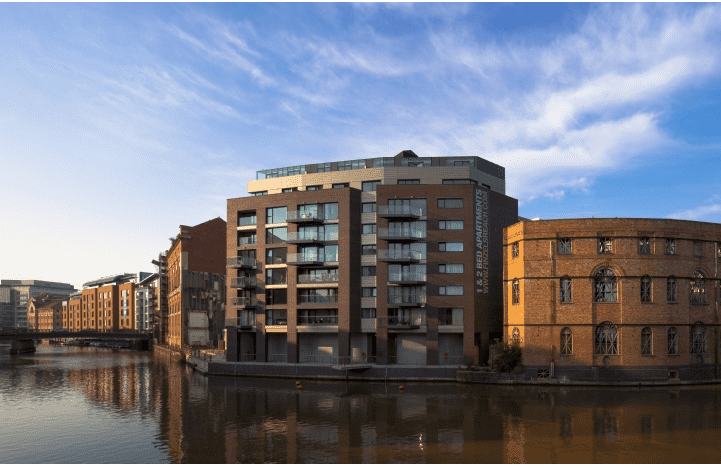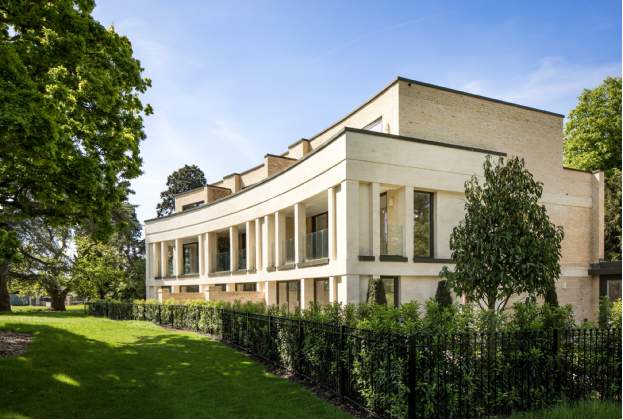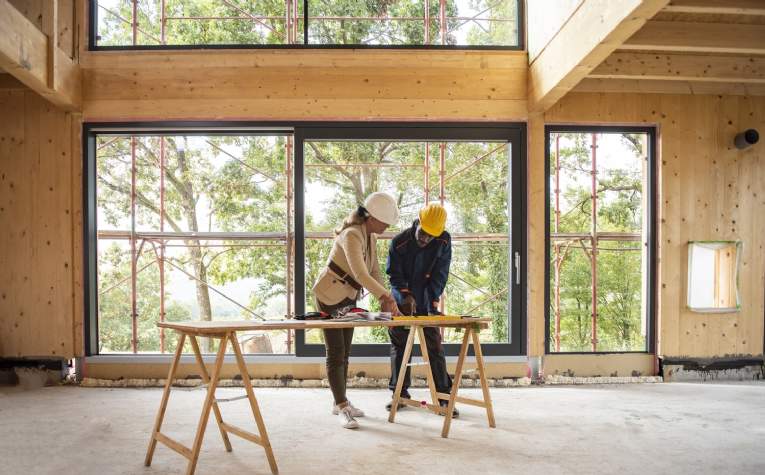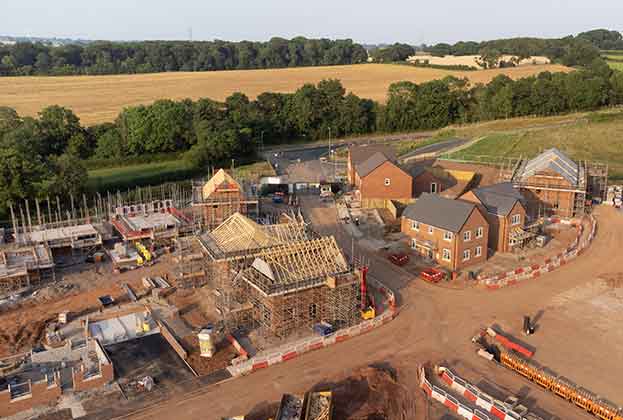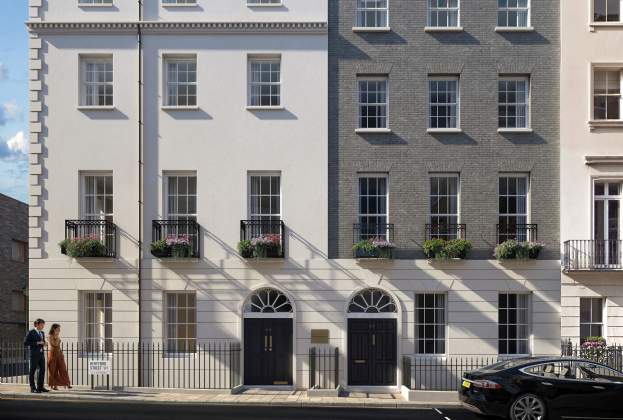Bristol's lack of central accommodation has meant it has long been a commuter city, with a high proportion of its workforce living in the suburbs. But in the next 12 months, Bristol hopes to become a place in which its workforce can can work, play and live.
The city's hoped-for change of status is due to a temporary change in Permitted Development Rights which will allow developers more freedom to convert empty offices into flats. There could be up to 70 schemes with a Permitted Development Rights change of use consent and that could result in some 800 new apartments.
Though there has been some criticism of the initiative, including complaints about not forcing affordable housing to be built, I believe that the change in Permitted Development Rights is extremely positive for Bristol. Office space that wasn't being let is being spruced up; it has generated economic growth; and is good for inward investment – when businesses look to move to Bristol one of the factors is the cost and supply of housing.
Vicky Dudbridge, Associate Director at Savills Bristol, says:
"We had expected to have to convince people to move away from less central areas, such as Clifton and Redland. But it turns out that they do want to be in the city centre - there just haven't been the available developments before now.
"Bristol's waterside apartments command high prices and converting offices into homes will open up the city centre to those who can't afford such a prime location. Moving back a few hundred feet into the city centre still gives you access to all of the amenities."
However, there is a time limit on development and all of the new apartments must be occupied by May 2016. So if Bristol wants to lose its commuter city status, it needs to move fast. The clock is already ticking.
Bristol's lack of central accommodation has meant it has long been a commuter city, with a high proportion of its workforce living in the suburbs. But in the next 12 months, Bristol hopes to become a place in which its workforce can can work, play and live.
The city's hoped-for change of status is due to a temporary change in Permitted Development Rights which will allow developers more freedom to convert empty offices into flats. There could be up to 70 schemes with a Permitted Development Rights change of use consent and that could result in some 800 new apartments.
Though there has been some criticism of the initiative, including complaints about not forcing affordable housing to be built, I believe that the change in Permitted Development Rights is extremely positive for Bristol. Office space that wasn't being let is being spruced up; it has generated economic growth; and is good for inward investment – when businesses look to move to Bristol one of the factors is the cost and supply of housing.
Vicky Dudbridge, Associate Director at Savills Bristol, says:
"We had expected to have to convince people to move away from less central areas, such as Clifton and Redland. But it turns out that they do want to be in the city centre - there just haven't been the available developments before now.
"Bristol's waterside apartments command high prices and converting offices into homes will open up the city centre to those who can't afford such a prime location. Moving back a few hundred feet into the city centre still gives you access to all of the amenities."
However, there is a time limit on development and all of the new apartments must be occupied by May 2016. So if Bristol wants to lose its commuter city status, it needs to move fast. The clock is already ticking.
Further information
For details on Bristol's city centre developments, contact Savills Bristol.
